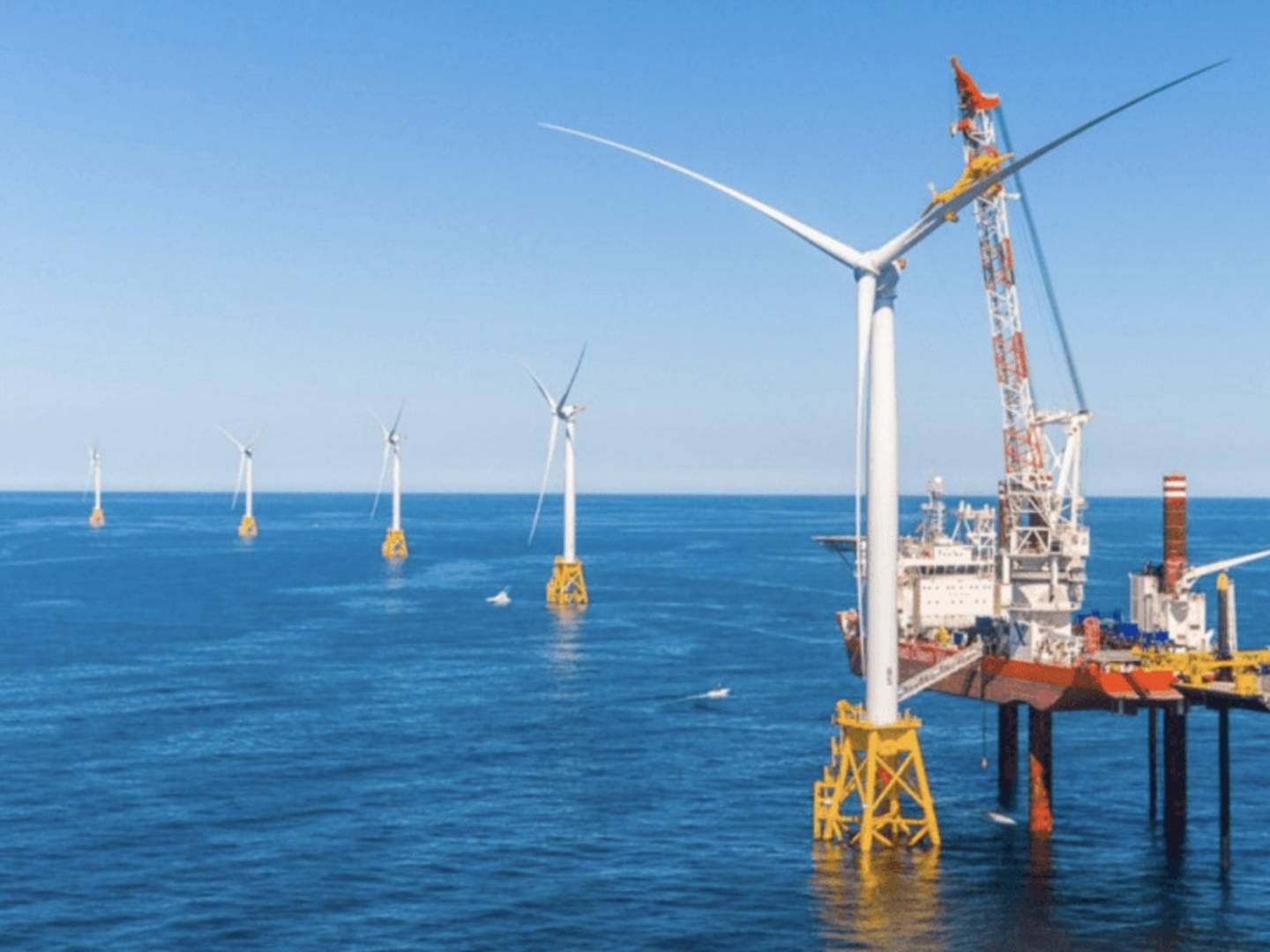Historic energy shock approaches

If on Jan. 1, 2020, a giant hole had appeared in the Indian Ocean and in one split second swallowed the world's second-most populous country along with its 1.3 billion residents, while the rest of the globe continued its business as usual, that's exactly what the current situation amounts to in terms of energy.
The analogy corresponds to the conclusions of a new report from the International Energy Agency on the Covid-19 pandemic's impact on energy consumption, which, in total volume, equates to, yes, India's proportion of global energy usage.
IEA Executive Director Dr. Fatih Birol is playing on the highest piano keys as he puts the situation into perspective.
"This is a historic shock to the entire energy world. Amid today’s unparalleled health and economic crises, the plunge in demand for nearly all major fuels is staggering, especially for coal, oil and gas," Birol writes in a press statement.
For certain countries, the IEA notes a 20-percent drop in demand resulting from lockdowns, but this is, the IEA deems, an extreme circumstance that will recover to a certain extent at a later time. The trend is clear, though: The West is taking the brunt of the blow.
The IEA expects energy consumption in the US to decline by 9 percent, while Europe tops the charts at an entire 11 percent.
This lies in extension of Swedish utility Vattenfall's prognosis released yesterday, projecting a 10-15-percent fall in electricity demand in Europe during 2020.
For comparison, the financial crisis of 2008 merely led to a 1-percent decline in global energy usage.
Wind still blows
One bright spot amid these dire forecasts concerns renewable power, which has thus far been relatively unencumbered by the present situation relative to parts of the fossil energy sector, where, for instance, US shale's existence appears under threat.
The wind is still blowing, the sun is still shining and water still running through hydroelectric dams, completely unadulterated by viruses and lower demand. The IEA points out that renewable energy is the only segment expected to grow this year, albeit by a lower rate than hitherto forecast.
Overall, all this means that 2020 will be a real boom year for the world's climate, so to speak. The agency estimates that CO2 emissions will fall by 8 percent, which even the most austere climate advocates wouldn't have dreamed to have hoped was possible only a few months back.
This has led many observers to cheer and declare a major triumph for the climate on account of the corona crisis – a morbid tendency, according to Birol.
"Resulting from premature deaths and economic trauma around the world, the historic decline in global emissions is absolutely nothing to cheer," says the IEA's executive director.
This dramatic decline in carbon emissions can be compared to weight loss via a starvation diet. As soon as the food makes it back onto the table, kilos quickly return to the body, just as CO2 emissions will soar once again on the other side of Covid-19.
"And if the aftermath of the 2008 financial crisis is anything to go by, we are likely to soon see a sharp rebound in emissions as economic conditions improve," Birol adds in the media release.
English Edit: Daniel Frank Christensen
EU states approve aid package and order another
EU Commission report reveals delayed climate plans
IRENA sets green-world-by-2050 price tag at USD 130 trillion
Oil price crash threatens green transition, IEA warns
Related articles
EU Commission report reveals delayed climate plans
For subscribers
IRENA sets green-world-by-2050 price tag at USD 130 trillion
For subscribers





















.jpg&w=384&q=75)



